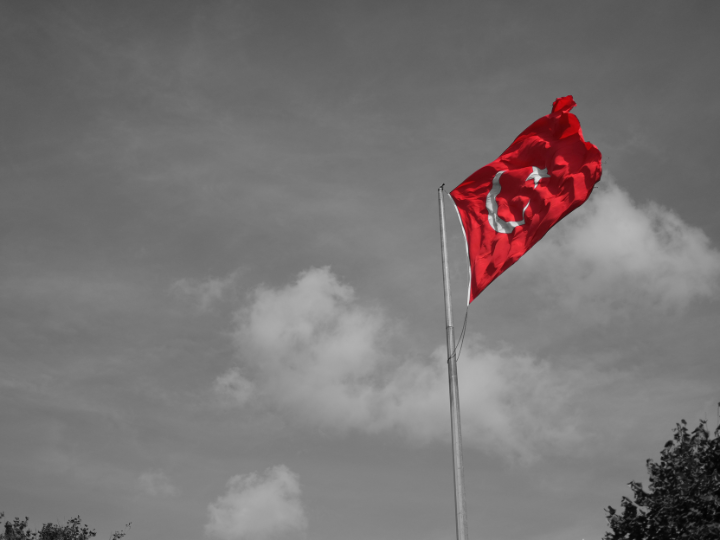Turkey will be the first NATO member to request membership of the BRICS economic bloc spearheaded by the leaders of Russia and China, Vladimir Putin and Xi Jinping, agencies reported.
Bloomberg said Monday (2 September) that Ankara had formally asked to join the group of emerging market nations as it looks beyond its traditional Western allies. Newsweek has contacted the Turkish Foreign Ministry for comment.
“Turkey can become a strong, prosperous, prestigious and effective country if it improves its relations with the East and the West simultaneously,” Turkish President Recep Tayyip Erdogan said in Istanbul over the weekend. “Any method other than this will not benefit Turkey, but will harm it.”
“We do not have to choose between the European Union and the Shanghai Cooperation Organization [SCO] as some people claim,” Erdogan added. “On the contrary, we have to develop our relations with both these and other organisations on a win-win basis,” Erdogan added.
A former Turkish diplomat told Newsweek that the move has been driven by “accumulated frustrations” in Ankara with the West and the European Union.
“This is not the strategy, by Ankara, to replace the West, but it’s a strategy to strengthen relations with non-Western powers at a time when the US hegemony is waning,” said Sinan Ulgen, head of the Istanbul-based think tank EDAM.
Named after Brazil, Russia, India and China and South Africa, the BRICS group includes countries not listed in the acronym, such as the United Arab Emirates (UAE), Ethiopia and Egypt, which all joined earlier this year. The bloc is considered to be an alternative on the global stage to the US-led G7 group.
Citing unnamed sources, Bloomberg said that Erdogan’s administration believed that “the geopolitical center of gravity” is moving away from the most developed economies.
The move also shows Ankara’s aims “to cultivate ties with all sides in a multipolar world” while still fulfilling its obligations as a key NATO member, the report added.
Bloomberg said Ankara had submitted an application months ago amid frustration at its stalled bid to join the European Union, whose membership it has sought for decades.
“One driver of this is an aspiration for enhanced strategic autonomy,” Ulgen told Newsweek.
“The bilateral relationship with the US has also been problematic,” Ulgen said, as quoted by Newsweek. “These type of frustrations have motivated the Turkish government to move in this direction,” he added. There is a belief in Ankara that it can do this “without a political cost that would be attached to this realignment.”
*first published in: Euractiv.com




 By: N. Peter Kramer
By: N. Peter Kramer

